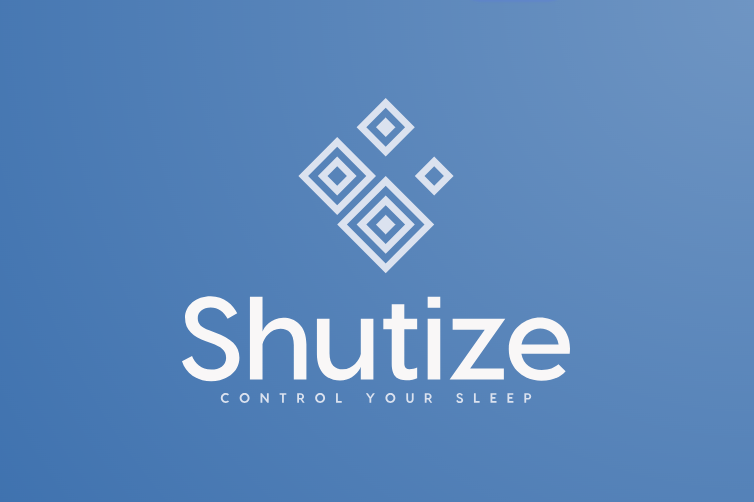You’ve tried melatonin. You’ve turned off your phone at night. You bought blackout curtains. Still not sleeping well? There’s one more thing that might help— sleep masks.
It sounds almost too simple. A piece of fabric over your eyes? That’s the big solution?
Actually, yes.
Sleep masks aren’t just for long flights or hotel gift shops. They’re one of the most affordable, no-hassle tools for improving sleep quality—without changing your entire life. If you’ve written them off, it’s time to reconsider.
Why Light Messes with Your Sleep
Your brain has a built-in clock, and light is one of the main ways it tells time. When it gets dark, your brain releases melatonin, the hormone that signals it’s time to rest. But the modern world is never really dark—streetlights, headlights, glowing screens, blinking chargers, digital clocks—it all adds up.
Even small amounts of light can interfere with melatonin production and sleep quality. You might not even be aware it’s happening. But your body is. That could be why you’re tossing and turning at night or waking up feeling groggy.
That’s where sleep masks come in. They cut out the light—completely. That one change can be enough to help your body shift into deeper, more natural rest.
What a Sleep Mask Can Do for You
Using a sleep mask every night might seem like a small thing, but the benefits can be big.
-
Fall asleep faster: Darkness is the fastest way to tell your body it’s time to shut down.
-
Stay asleep longer: No more waking up at sunrise or every time a car passes by your window.
-
Improve sleep depth: More time in restorative deep and REM sleep means you feel better when you wake up.
-
Sleep better when traveling: Planes, hotels, unfamiliar beds—sleep masks help keep your environment consistent.
-
Reduce screen light impact: Even if you scroll a little too late, a sleep mask can help minimize the damage.
For something so small, the impact is huge—especially when used consistently.
Picking the Right Sleep Mask
Not all sleep masks are comfortable. And if it’s uncomfortable, you won’t wear it.
Here’s what to look for:
1. Full light blockage
A sleep mask should block all light—not just dim it. Look for masks that curve around your face, especially around the nose bridge where light often sneaks in.
2. Soft, breathable fabric
Silk and cotton are great. Avoid anything itchy, heavy, or hot. If you have sensitive skin, natural materials are your best bet.
3. Adjustable strap
You don’t want it slipping off or digging in. Velcro or elastic bands that let you control the fit are ideal.
4. Contoured shape
Some people prefer masks with molded eye cups—these don’t press directly on your eyelids and are great if you dislike any pressure on your eyes.
5. Durability
If you’re wearing it nightly, make sure it can handle regular use and washing. Some masks come with washable covers or travel pouches.
Test a few until you find one that feels so natural you forget you’re wearing it. That’s the goal.
How to Use a Sleep Mask Effectively
Using a sleep mask isn’t complicated, but there are a few ways to get the most out of it.
-
Put it on at the same time every night. Your body likes routines. This helps train your brain to associate the mask with sleep.
-
Use it even if your room is “dark enough.” Most bedrooms aren’t pitch black—even small light leaks matter.
-
Keep it clean. Wash it regularly to avoid skin irritation, especially if you wear skincare products to bed.
-
Take it with you. Keep one in your travel bag or car for naps, trips, or red-eye flights.
Once it becomes part of your nightly ritual, you won’t want to sleep without it.
Common Misconceptions About Sleep Masks
“I’ll feel weird wearing one.”
Maybe for the first night or two. But the benefits outweigh the weirdness. After a few days, it’ll just be part of your wind-down routine.
“They don’t do much.”
Try wearing one for a full week and see how your body responds. Many people report deeper, more restful sleep—and it usually costs less than $20.
“They’re uncomfortable.”
The right one isn’t. If your only experience was a scratchy airline freebie, give a better-designed mask a chance. Comfort is everything.
Final Thought: Small Habit, Big Results
We’re always chasing the next best thing—apps that track our sleep, devices that simulate sunset, supplements with complicated ingredient lists. But sometimes, the simplest tools work best.
A sleep mask doesn’t require batteries, subscriptions, or side effects. It’s just a small shift in your routine with real, proven benefits. Want better sleep? Try wearing one tonight. No gimmicks. No noise. Just darkness, and rest.









